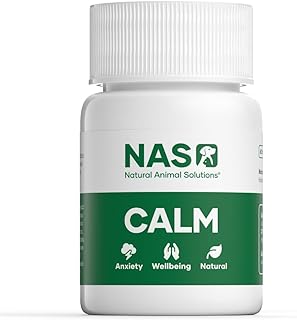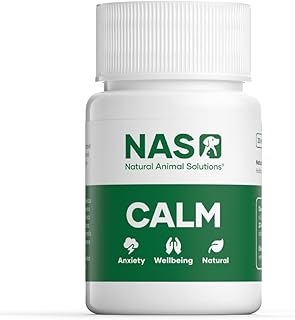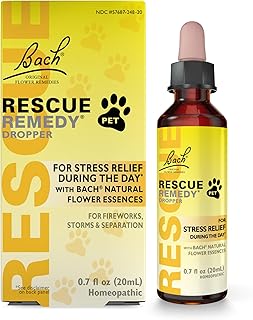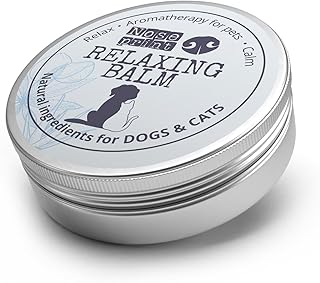Veterinary social work is a crucial lifeline for animal caregivers, providing targeted mental health support to reduce the risk of suicide among professionals in the field. The emotional toll of caring for animals can be overwhelming, leading to high suicide rates among veterinarians and animal rescue workers. This silent crisis has brought to light the urgent need for intervention to support those who dedicate their lives to saving animals.
Veterinarians face a significantly higher risk of suicide compared to the general population, with female veterinarians particularly vulnerable. The daily exposure to suffering, ethical dilemmas, and the emotional burden of euthanasia contribute to this crisis. Heartbreaking stories of professionals like Jian Zhicheng and Sophia Yin underscore the toll that this work can take on individuals, with many struggling in silence due to fear of stigma or a perceived need to maintain resilience.
Veterinary social work, a specialized field that addresses the intersection of human and animal well-being, offers vital support in various areas. From grief counseling and compassion fatigue prevention to addressing the link between human and animal violence, these professionals play a critical role in helping animal caregivers navigate the emotional challenges of their work.
Supporting the emotional health of animal care workers is a primary focus of veterinary social workers. By providing counseling, debriefings, and workshops on stress management, they create safe spaces for professionals to process their emotions and prevent burnout. Through resilience training and intervention, social workers help caregivers cope with the emotional demands of their roles.
In addition to supporting caregivers, veterinary social workers play a crucial role in easing the burden of euthanasia and loss. They guide professionals through these difficult decisions, offering coping strategies and helping them navigate feelings of guilt and grief. By providing a supportive environment, social workers help alleviate the emotional strain that often accompanies these challenging situations.
Furthermore, veterinary social workers bridge the gap for pet owners facing tough decisions regarding their animals’ care. By offering counseling and facilitating conversations, they provide essential support to families during these challenging times. This dual support system not only benefits pet owners but also helps alleviate the emotional labor for veterinary staff, ultimately improving outcomes for all involved.
Introducing social work into veterinary settings is transforming the culture of veterinary medicine, promoting openness, support, and resilience. By modeling healthy coping strategies, advocating for mental health resources, and implementing policies that prioritize staff well-being, social workers are instrumental in breaking the cycle of isolation and despair that has affected so many in the profession.
Stories of hope from institutions like Cornell University and organizations like Austin Pets Alive! highlight the tangible impact of veterinary social work. By providing pet loss support groups, crisis intervention, and education on compassion fatigue, social workers are empowering animal caregivers to seek help and fostering a supportive environment that saves lives—both human and animal.
As we look towards the future, integrating veterinary social work into clinics, shelters, and hospitals is essential for building a sustainable and supportive environment for those who care for animals. By funding social work positions, reducing the stigma around mental health struggles, and ensuring that every animal care worker knows they are not alone, we can create a future where caregivers receive the care they deserve.
📰 Related Articles
- Cherished Pets: Community-Centered Veterinary Care Promoting Pet Well-Being
- Broward County Animal Care Highlights Adoptable Pets at Mega Event
- Yorkshire Terrier Seamus: Victim of Tragic Animal Cruelty Case
- Woman in Intensive Care After E-Bike Crash in Adelaide
- Winter Paw Care: DIY and Commercial Solutions for Dogs






